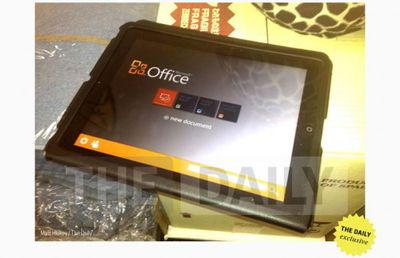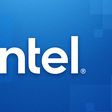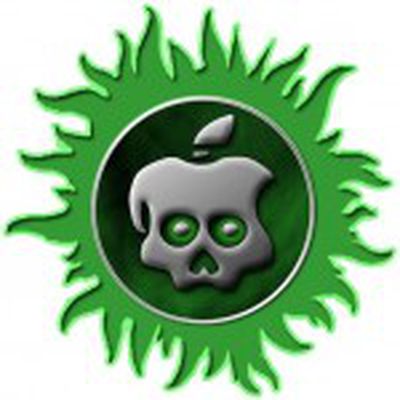 Chronic Dev Team today announced the release of Absinthe 2.0, which offers users the ability to jailbreak numerous iOS devices running iOS 5.1.1, including the third-generation iPad, without having to tether the device to a computer for booting. The jailbreaking process allows users to load third-party software and hacks not authorized by Apple onto their devices.
Chronic Dev Team today announced the release of Absinthe 2.0, which offers users the ability to jailbreak numerous iOS devices running iOS 5.1.1, including the third-generation iPad, without having to tether the device to a computer for booting. The jailbreaking process allows users to load third-party software and hacks not authorized by Apple onto their devices.
Absinthe 2.0 works only on iOS 5.1.1, and enables jailbreaking of all iPad models with the exception of the revised 16 GB iPad 2, although compatibility with that device is scheduled to be added in the future. On the iPhone side, Absinthe 2.0 can jailbreak all devices from the iPhone 3GS onward, while the software is also compatible with the third- and fourth-generation iPod touch models.
Absinthe 2.0 is available for OS X (Leopard, Snow Leopard, and Lion), Windows (XP, Vista, and 7), and Linux. Users who have already jailbroken their iOS 5.1.1 devices using tethered options available prior to today can untether their devices using the Rocky Racoon 5.1.1 Untether package available through Cydia.
The release comes from the same partnership of Chronic Dev Team and iPhone Dev Team that released Absinthe A5 earlier this year to offer the first untethered jailbreak of iOS devices based on Apple's A5 system-on-a-chip, which included the iPhone 4S and iPad 2.
Update: The Dev Teams have already pushed out version 2.0.1 to address an issue with hanging. New direct download links include:
- OS X (Leopard, Snow Leopard, and Lion)
- Windows (XP, Vista, and 7)
- Linux




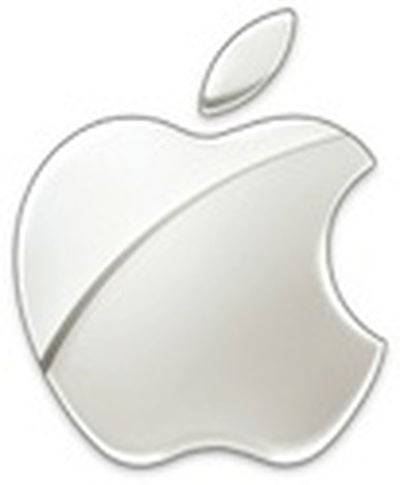 Apple's board has decided to award dividend equivalent payments to employees holding restricted stock units or RSUs. Apple
Apple's board has decided to award dividend equivalent payments to employees holding restricted stock units or RSUs. Apple 
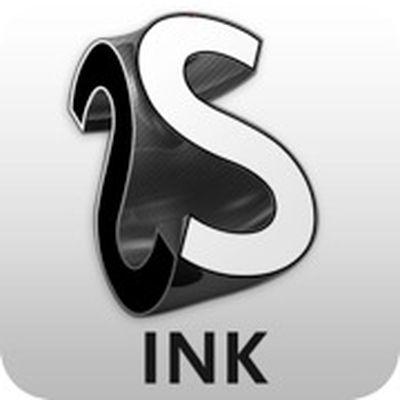 At the introduction for the third generation iPad this past March, Apple invited a number of developers to showcase their apps designed for the Retina display-equipped new iPad. One of these was Autodesk, a major developer that has been prolific at writing apps for iOS. Their new app, Sketchbook Ink, has
At the introduction for the third generation iPad this past March, Apple invited a number of developers to showcase their apps designed for the Retina display-equipped new iPad. One of these was Autodesk, a major developer that has been prolific at writing apps for iOS. Their new app, Sketchbook Ink, has 

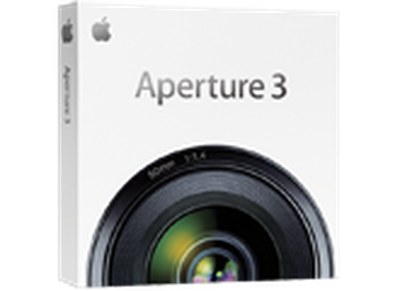 Apple has released a
Apple has released a 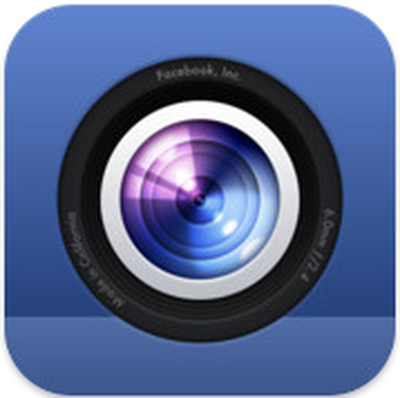 Facebook today released a
Facebook today released a 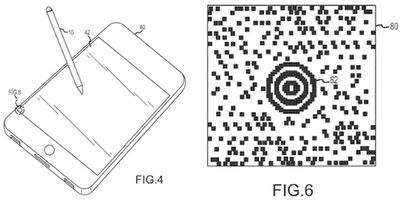
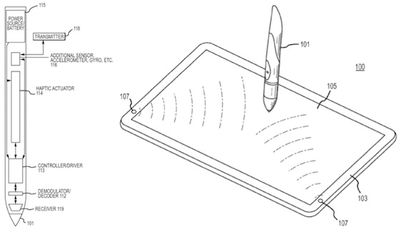
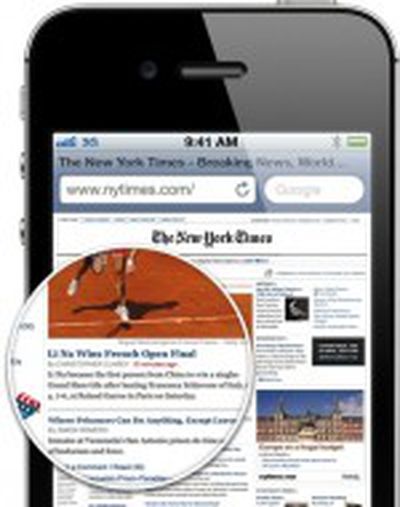 Following a
Following a 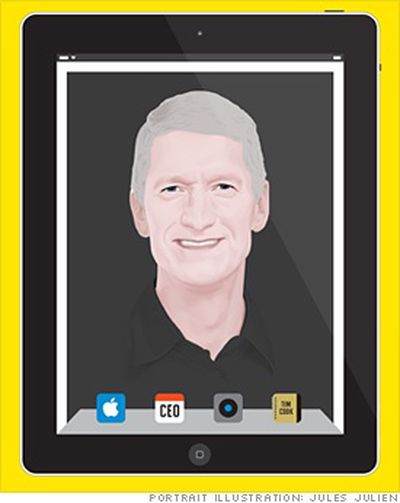


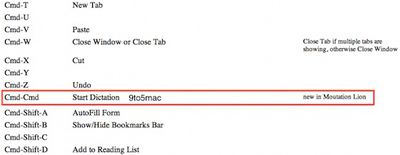
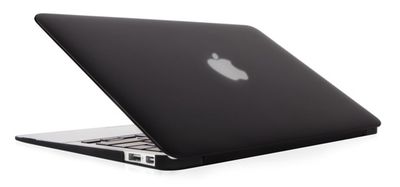

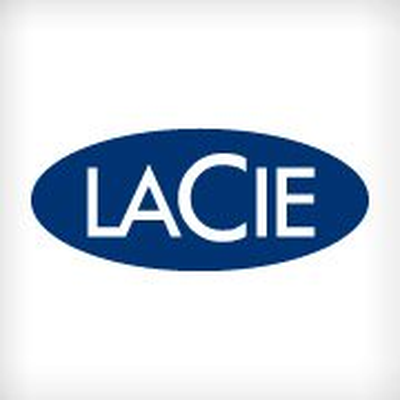 Hard drive maker Seagate has announced it will
Hard drive maker Seagate has announced it will 